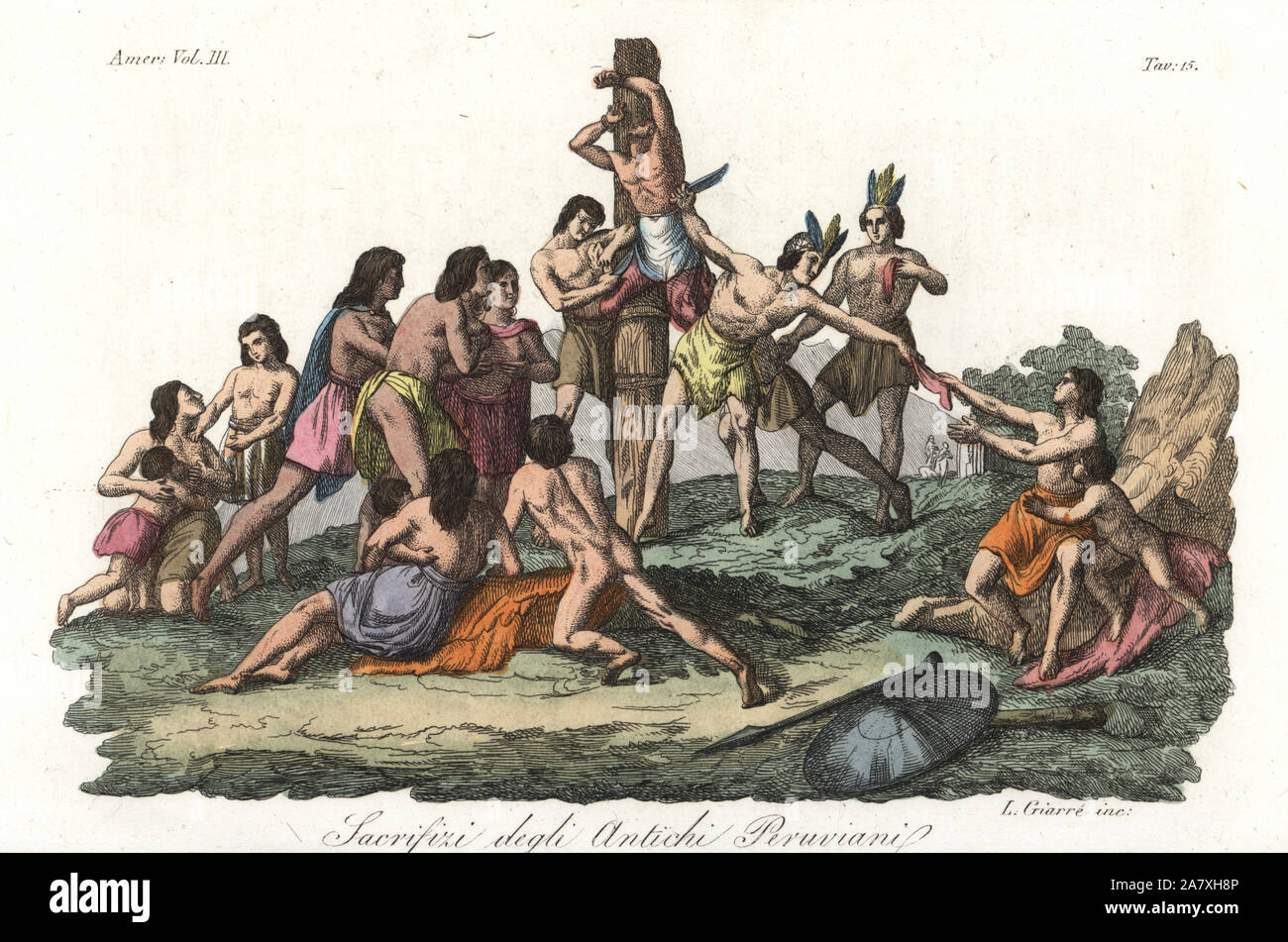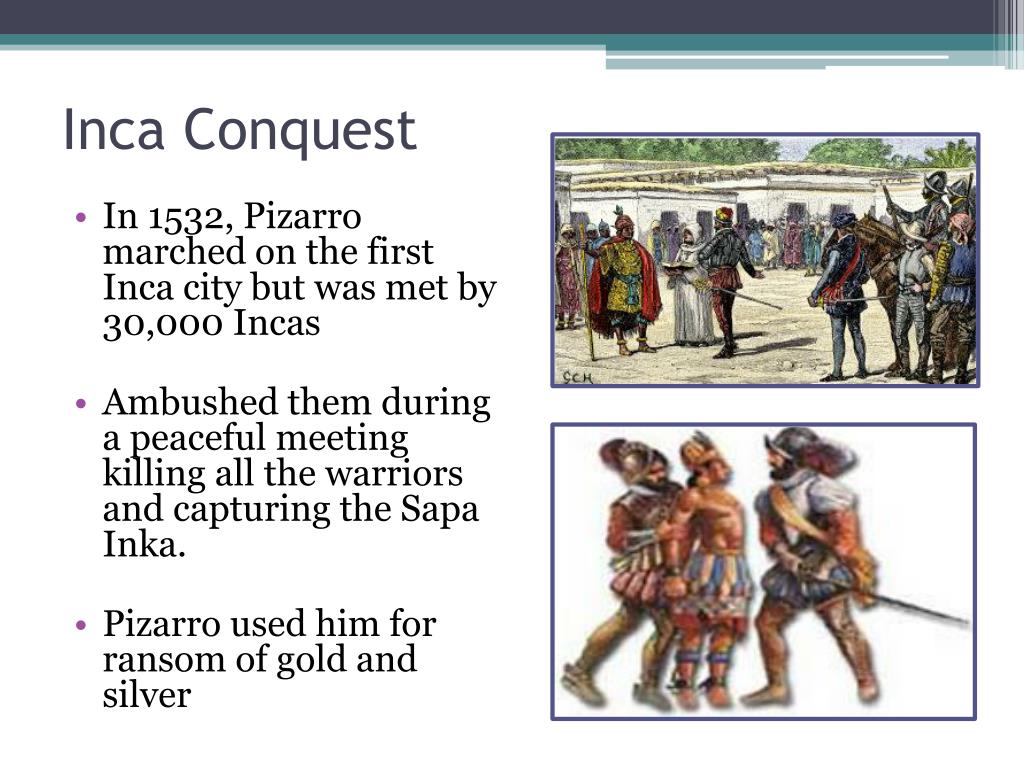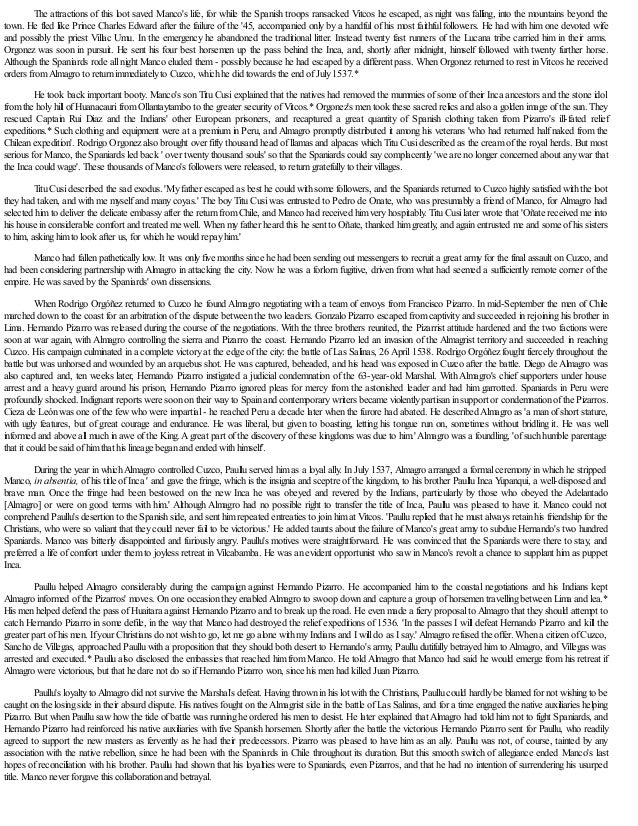

In addition to The Conquest of the Incas, his sixteen books include Monuments of the Incas, The Search for El Dorado, a three-volume history of Brazil’s indigenous peoples ( Red Gold, Amazon Frontier, Die If You Must) and Tree of Rivers. He has probably visited more indigenous tribes than any other non-Brazilian, including four at the time of their first contact. He has travelled throughout Peru and much of Amazonia on a series of surveying and environmental research expeditions, often in unexplored forests. John Hemming was Director of the Royal Geographic Society in London from 1975 to 1996.

"synopsis" may belong to another edition of this title. Bauer, professor, University of Illinois at Chicago, leading archaeologist of the Inca There is no other book which is even in the same class.” - Brian S. For the past thirty years, The Conquest of the Incas has remained the most influential book for Inca scholars. “The bible for historians and archaeologists studying the final days of the Inca. the deeper wonder of the conquest and the deeper horror of its results” ( Washington Post). This authoritative, wide-ranging account, grounded in meticulous research and firsthand knowledge and told from the viewpoints of both protagonists, “keeps all the complex issues to the fore. The Conquest of the Incas is the definitive history of this civilization’s overthrow, from the invasion by Pizarro’s small gang of conquistadors and the Incas’ valiant attempts to expel the invaders to the destruction of the Inca realm, the oppression of its people, and the modern discoveries of Machu Picchu and the lost city of Vilcabamba.


In 1532, the magnificent Inca empire was the last great civilization still isolated from the rest of humankind. It reads like the most skillful novel.” - Mario Vargas Llosa, winner of the Nobel Prize in literature Combining rigorous historical research and profound analysis with stylistic elegance, this work allows the reader to appreciate the tragic and fabulous history of the Incan empire in all its richness and diversity. “Distinguished by an extraordinary empathy, a feeling of one’s way into the minds of the sixteenth-century Spaniards and Indians.


 0 kommentar(er)
0 kommentar(er)
